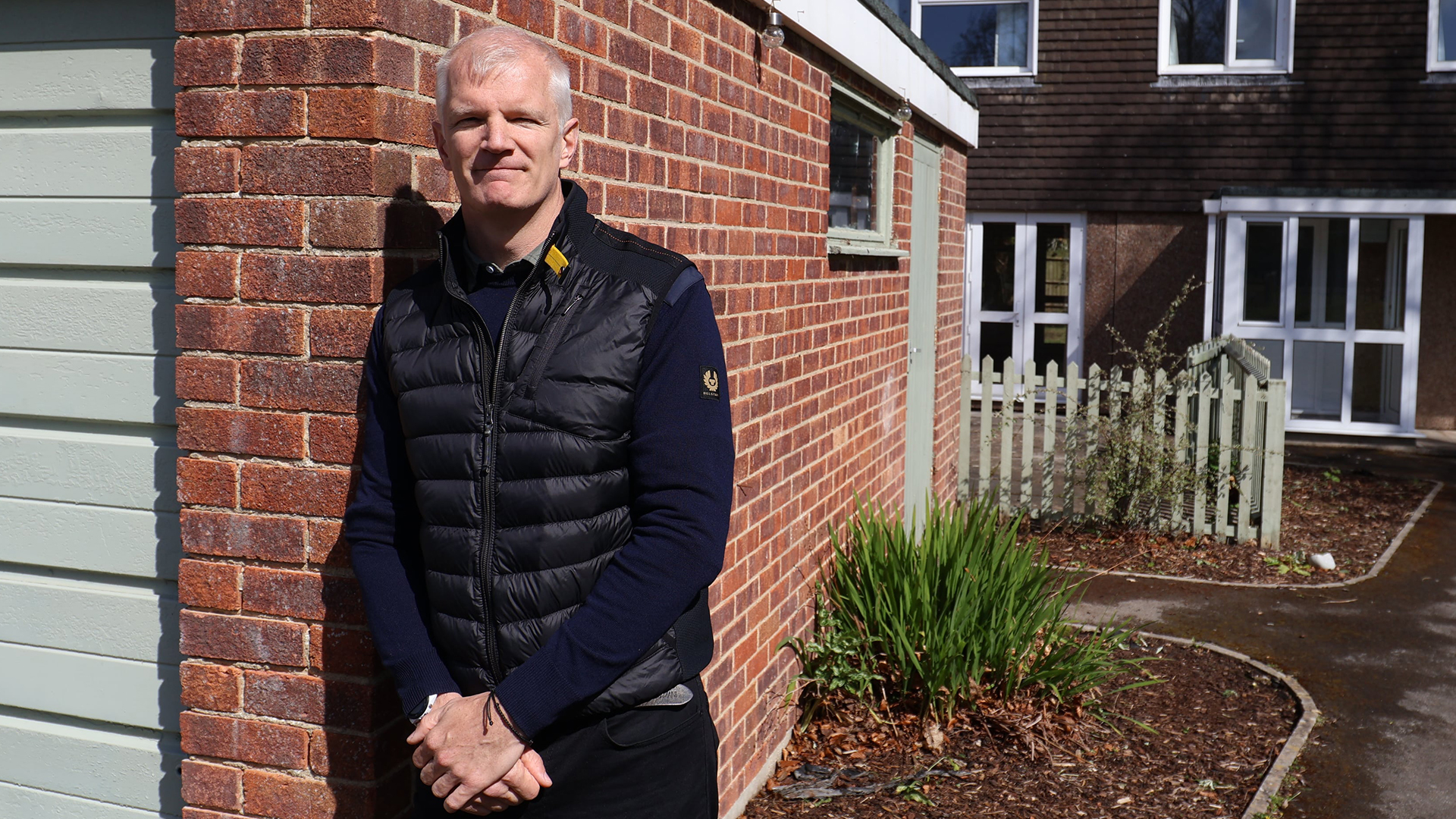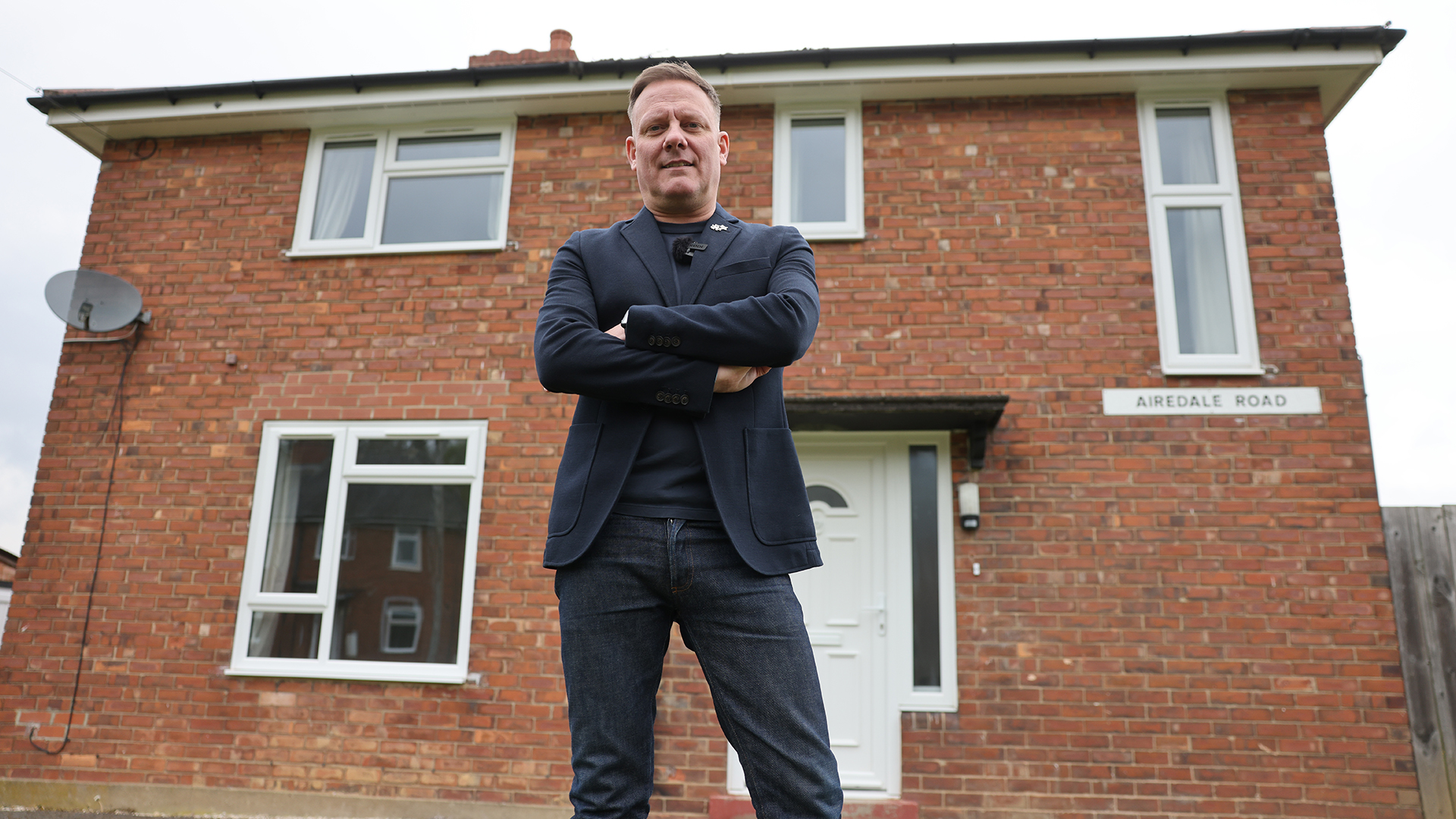Military housing: Govt pledges urgent repairs and more freedom for service families
Armed Forces families are being promised significant improvements to their homes after years of frustration over leaky roofs, failing heating systems and slow repairs.
The Ministry of Defence has unveiled a new Consumer Charter aimed at raising standards across all 36,000 military homes recently brought back under public ownership.
The changes are part of a wider effort to reverse decades of underinvestment in military housing and, crucially, to shift the relationship between the MOD and service families – treating them more like customers, not just tenants.
What's changing?
Under the new Consumer Charter, families are being promised:
- Faster responses to urgent repairs
- A named housing officer for each household – ending the need to contact anonymous call centres
- More freedom to personalise and improve homes without restrictive rules
- Access to floor plans and images before being asked to accept a property
- A commitment to urgently refurbish 1,000 of the worst homes across the defence estate by the end of the year
The MOD says these measures will all be in place before the first anniversary of the housing buyback deal that was announced in January.

New era of accountability
Talking exclusively to BFBS Forces News, Prime Minister Sir Keir Starmer said it was "absolutely shocking that families in military homes are expected to put up with rotten living conditions".
Sir Keir added: "When people who are literally putting their lives on the line for our country aren't treated with the respect they deserve at home, that's demoralising. It makes people feel like their service isn't valued."
The Prime Minister's sentiments were echoed by former Royal Marines colonel Al Carns, the Minister for Veterans and People, who said the Government was setting new standards for military accommodation.
"For too long, military families have been moving into houses or moving around the estate without the right standards, so this really sets the bar," he said.
"We're creating named housing officers, so families will have a single point of contact for any complaints, issues or anything they want to raise."
To help develop a wider Defence Housing Strategy, due later this year, the MOD has assembled an independent expert group, chaired by housing specialist and former MP Natalie Elphicke Ross.
The team includes developers, housing advisors and family advocacy groups – notably the Army Families Federation – tasked with transforming policy into practical outcomes.
Their remit is to hold suppliers to account, push through system-wide modernisation and ensure that the voices of service families are not just heard, but acted upon.

"Only an idiot wouldn't see the link between bad housing and low recruitment"
Among the more eye-catching recruits to the Government's effort is actor and long-time military champion Antony Cotton, best known for his role in Coronation Street.
BFBS Forces News recently joined Mr Cotton as he visited newly renovated homes in Catterick Garrison, one of the largest military communities in the UK.
"You know what it's like, in the military, people just put up with stuff, and it's been like that forever," he said.
"And yes, military housing isn't supposed to be super luxurious, but there are basics."
Alluding to the recent trend of fewer people opting for careers in the Armed Forces, Mr Cotton said: "Only an idiot wouldn't say there isn't a connection between recruitment and the standard of living that’s offered.
"The Armed Forces' salary has famously had the X-factor built in, things like food and accommodation, but if you were joining the Armed Forces a couple of years ago and were reading all these horror stories about housing, would that make you join?
"It has an absolute direct connection between retention and recruitment."
Delivering by 2026
All the key changes announced in the Consumer Charter are due to be delivered by January 2026, giving the MOD less than a year to meet its promises.
With timelines tight and expectations high, the challenge now is to turn policy into progress – and ensure this latest pledge doesn't become just another chapter in a long-running housing saga.









